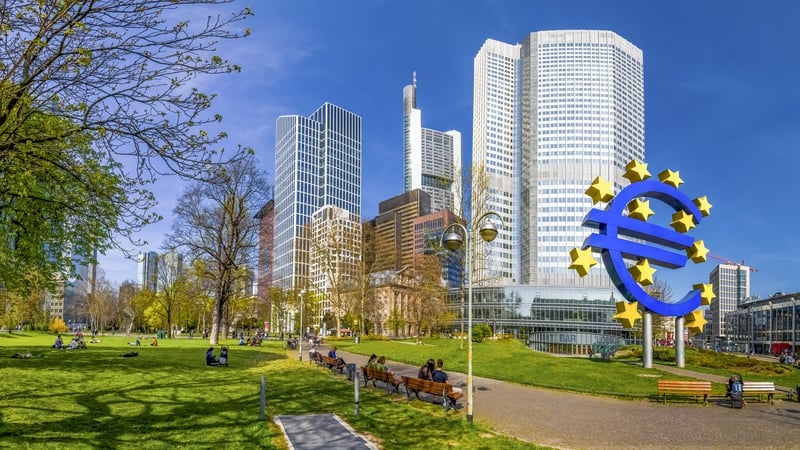Euro zone inflation is nearly defeated and trade tensions could weigh on price in the short term, even if a trade way may be inflationary further out, ECB policymakers argued last month, according to the accounts of their April 16-17 meeting.
The European Central Bank cut interest rates for the seventh time in a year last month and warned that economic growth will take a big hit from US tariffs, bolstering bets for even more policy easing in the months ahead.
“Members expressed increased confidence that inflation would return to target over the medium term and that the fight against the inflation shock was nearly over,” the ECB said in the accounts of that meeting.
“Disinflationary forces were thus likely to dominate in the short term,” it added.
While a lot of the trade tension has eased since the April meeting, pervasive uncertainty continues to weigh on sentiment, keeping bets firmly in place for another ECB rate cut on June 5.
Some policymakers, however, argued that a trade war would be inflationary in the longer run.
“These members attached a higher probability to the possibility that the trade shock would be inflationary beyond the short term, in view of the destructive effects of breaking up global value chains,” the minutes added.
Financial investors see an around 90% chance of an ECB rate cut next month and expect one more move this year before the ECB’s deposit rate bottoms out at 1.75%.
This corresponds to the lower end of the ECB’s estimated neutral range, where the bank neither stimulates, nor holds back growth.




